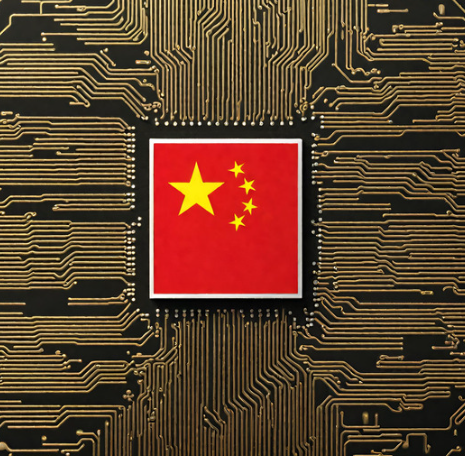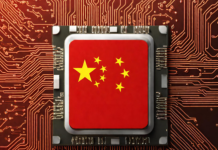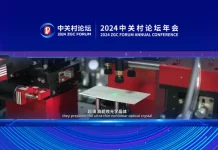Recent developments have seen the Netherlands place restrictions on ASML, a key player in the global semiconductor industry, from exporting its advanced technology to China. This decision marks a significant shift in the global tech landscape, as ASML is known for its cutting-edge lithography systems, crucial for manufacturing the most advanced microchips.
The ASML technology helps make chips smaller, faster, and more efficient
This move by the Netherlands, while seen as a protective measure for technological advancements, raises questions about the balance between global cooperation and national security. ASML’s technology is not just a commercial asset but also a strategic one, given its pivotal role in the semiconductor supply chain. With this technology, chips can be made smaller, faster, and more efficient, playing a critical role in everything from smartphones to advanced military systems.

The decision can be viewed as a response to growing concerns over technological sovereignty and security. Nations are increasingly aware of the importance of controlling and protecting their technological advancements. This action is not just about a single company or country but reflects a larger trend where nations are scrutinizing and often limiting the flow of critical technology across borders.
For China, this represents a significant hurdle in its ambitions to become a leader in the high-tech sector. The country has been heavily investing in developing its semiconductor industry, but access to ASML’s technology is crucial for reaching the forefront of chip technology. This development could slow down China’s progress and affect its tech companies, which are major players in the global market.
On the other hand, for the global tech industry, this move could signal a shift towards more regionalized or nationalized tech development strategies. Companies and countries might focus more on developing homegrown technologies and securing their supply chains, which could lead to more innovation but also potential fragmentation in the industry.
RELATED:
- ZTE U50 Pro, F50 5G portable WiFi Year of the Dragon commemorative editions launched in China
- Xiaomi SU7 electric sedan now showcased in Xiaomi Stores after its China launch
- Get $100 OFF on Xiaomi 14 Pro at Giztop (1TB Variant)
- Best Mini PCs of 2023 – Gizmochina
(Via)







